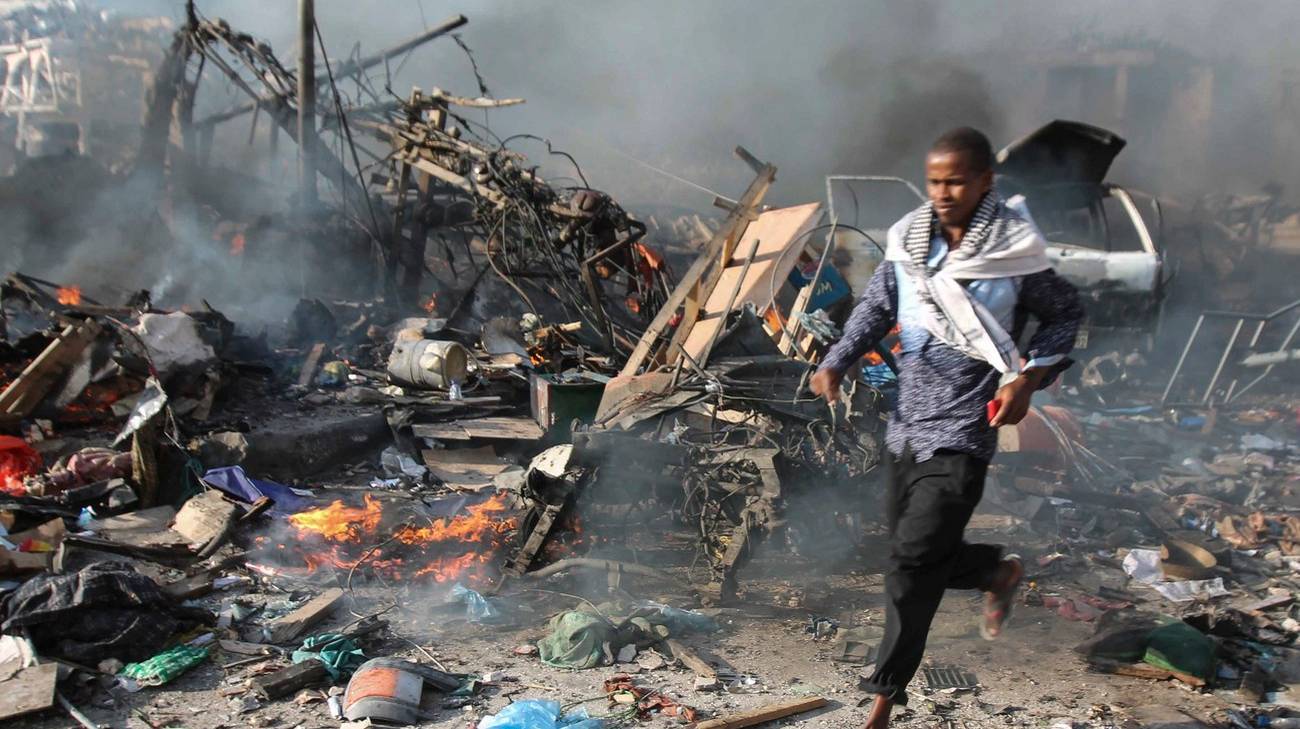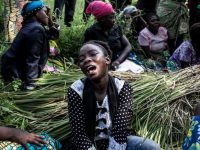Khartoum suffers from a fierce war between the Rapid Support Forces and the Sudanese army,…

Somalia, More Civilian Victims of USA Airstrikes Against al-Shabaab
Ultimora
After the report by Amnesty International, AFRICOM published a statement declaring its commitment to writing a report every three months on the state of the ongoing internal investigation on reported civilian victims. This is an important step towards finding out the truth about the responsibilities of US military forces. Unfortunately, it has taken years.
Precisely two years ago, on 1 April 2018, a US airstrike hit a vehicle traveling from El Bur, north of the capital city of Mogadishu.
It wasn’t the first and it would not be the last in a series of attacks carried out for years by AFRICOM (United States Africa Command) in Somalia against the armed group al-Shabaab where many of the victims were civilians. A conflict that has been all but ignored and that the US has imposed silence.
After lengthy investigations and pressure by Amnesty International, AFRICOM admitted to killing civilians – two women and one child – in a single attack carried out on 1 April two years ago. Regarding other airstrikes, official statements speak only of “the elimination of terrorists” and never provide evidence of the militancy of the victims in the armed group al-Shabaab or their direct involvement in hostilities.
Since 2018, US airstrikes have caused at least 21 civilian deaths and a further 11 civilians have been wounded. AFRICOM has never contacted the families of the victims to apologize or offer compensation.
In 2020, the airstrikes intensified. According to Airwars, a group that monitors military action, in the first three months of the year, United States armed forces carried out 31 airstrikes in Somalia. In 2019, the total amount of attacks was 63.
At least two of these attacks caused civilian victims, two deaths and three wounded. Bothe attacks took place in February.
On 2 February, at approximately 8:00 pm, a munition dropped from the air, probably a US GBU-69/B Small Glide Munition with a 16-kilogram warhead, struck the home of a family of five who was having dinner in the city of Jilib in Somalia’s Middle Juba region. Nurto Kusow Omar Abukar, an 18-year-old woman, was hit in the head by a heavy metal fragment from the munition and died instantly. Her younger sisters, Fatuma e Adey, aged 12 and seven, and their grandmother Khadija Mohamed Gedow, aged around 70 were also injured.
On the afternoon of 24 February, a Hellfire missile struck the Masalanja farm near the village of Kumbareere, 10 kilometers north of Jilib, killing Mohamud Salad Mohamud, a 53-year-old banana farmer who was also the manager of the Jilib office for Hormuud Telecom. He left behind his wife and eight children.
A senior Hormuud official expressed personal disbelief that Mohamud Salad Mohamud could have been the target considering his previous work with international humanitarian organizations and because he had been arrested many times by al-Shabaab.
“When I heard the news of his death, I thought he was killed by Al-Shabaab. I have never imagined he would be killed by [the] US or by the Somali government.”
The two air strikes are part of a series of 20 retaliatory attacks US armed forces carried out in Somalia after the al-Shabaab assault on a US airbase in Manda Bay, Kenya, in early January. AFRICOM’s commander, US General Stephen Townsend, vowed to “relentlessly pursue those responsible” for the attack that caused the death of a US soldier and two contractors and destroyed five aircraft, including two valuable spy planes.
You have just read the results of that vow.




